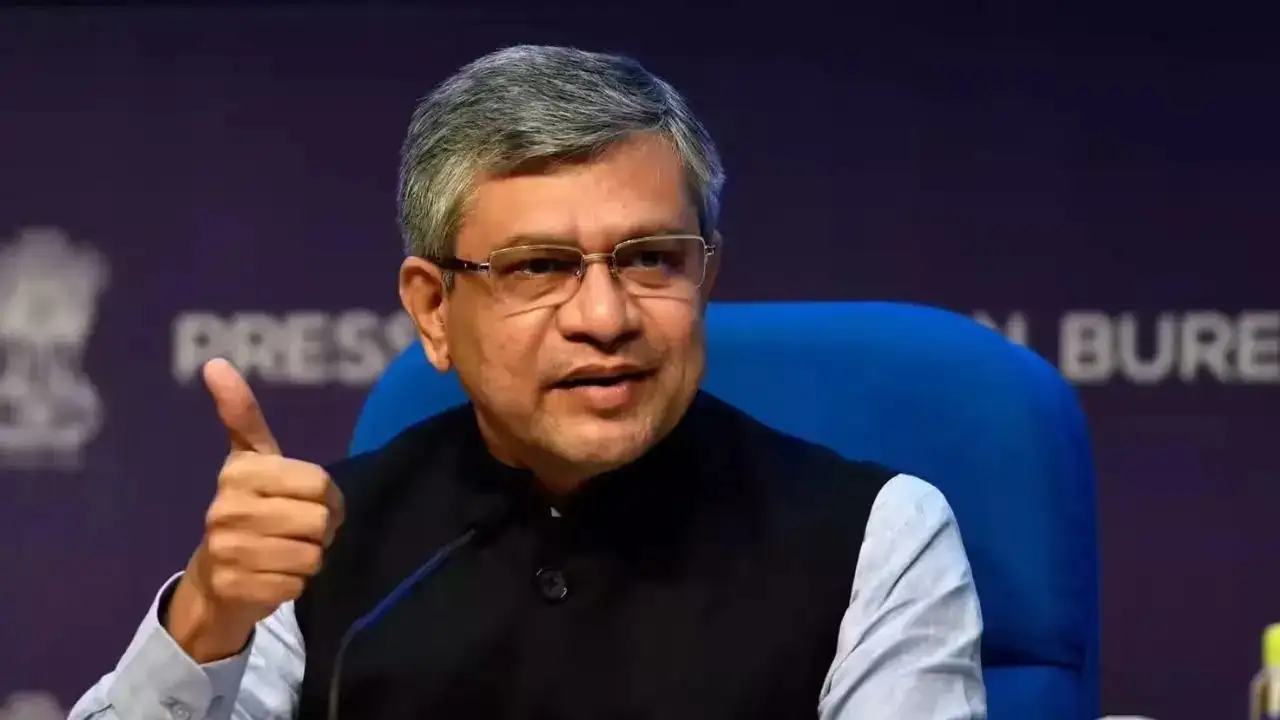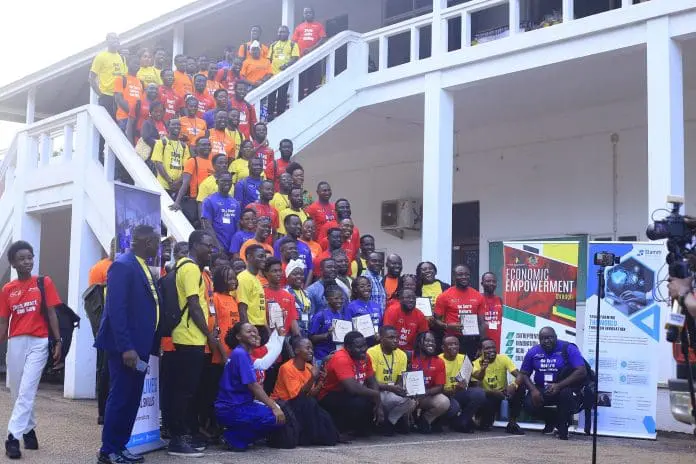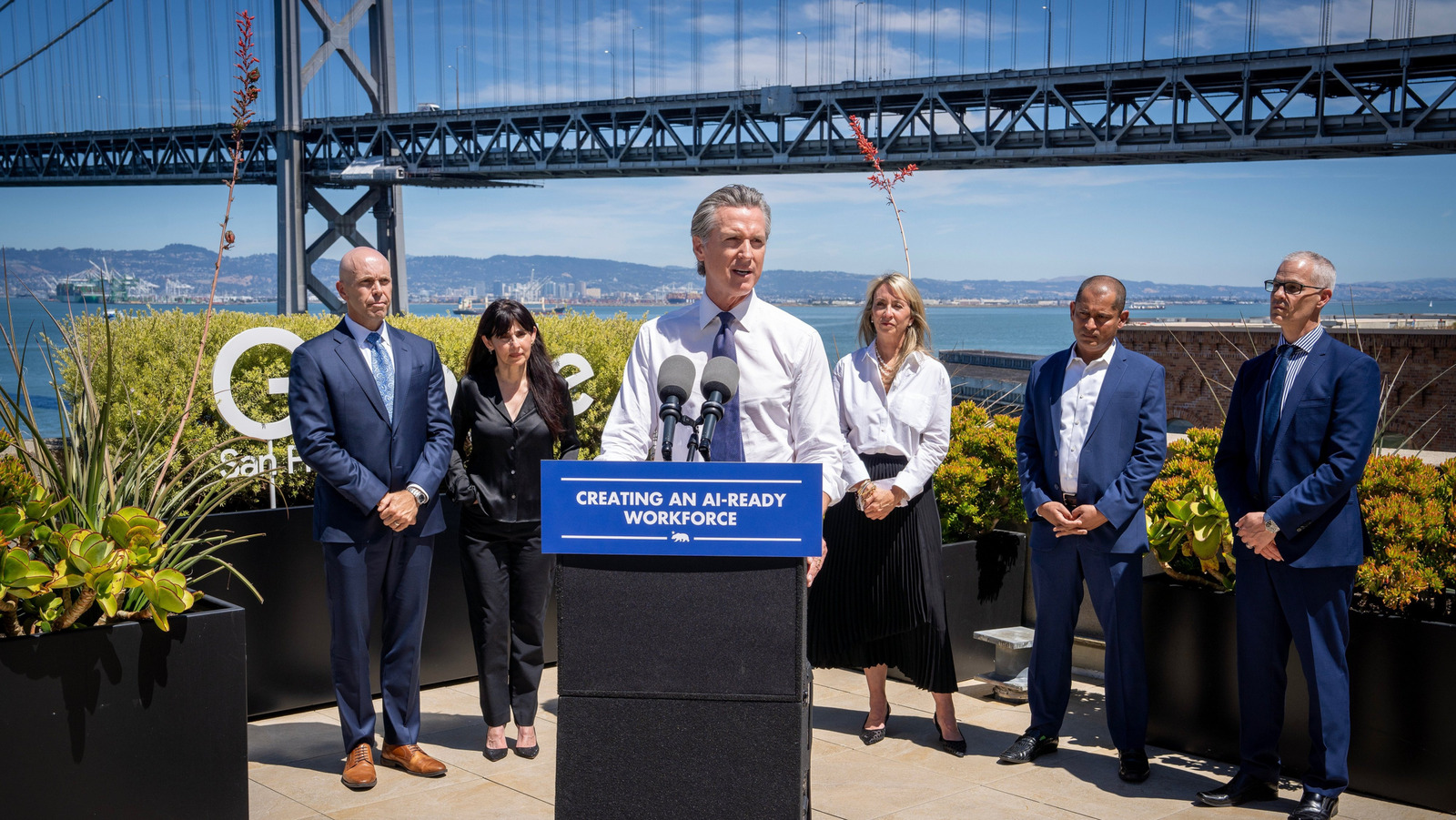Copyright thediplomat

Cybercrime in Southeast Asia has grown into a significant threat to security, economic stability, human rights, and the rule of law. The United Nations Office on Drugs and Crime (UNODC) reports that hundreds of large-scale scam centers are in operation, often situated in special economic zones and border regions, and estimates that they generate tens of billions of dollars in annual profits. In 2023, countries in East and Southeast Asia lost up to an estimated combined $37 billion to cyber-enabled fraud. The criminal networks that operate these scam centers and illicit online gambling hubs also engage in trafficking in persons, where many victims are lured with false job advertisements and forced into criminality under brutal conditions. How can these criminal enterprises operate in plain sight? Corruption is a critical factor enabling the industry to scale up and endure. Corruption can be both an instrumental underlying cause and a direct enabler of cybercrime. It creates a permissive environment in which organized criminal enterprises can flourish with reduced risk. Large-scale scam center operations could not exist without some official complicity. This nexus of crime and corruption allows syndicates to operate vast compounds, traffic victims across borders and launder the proceeds of crime. Poor governance and corruption within local authorities have weakened state law enforcement institutions and allowed these criminal organizations to operate with minimal oversight. The rapid evolution of technology, such as artificial intelligence (AI), malware, anonymizing networks, blockchain, cryptocurrency and smart contracts, has supercharged this nexus. While technological advancements can be harnessed by governments, corporations, and anti-corruption practitioners for accountability, the rule and law and criminal disruption, there is a dark side. Cryptocurrencies provide a pseudo-anonymous and efficient means for making corrupt payments and laundering the proceeds of both cybercrime and corruption, bypassing traditional financial oversight. AI is increasingly used to scale up social engineering attacks and create convincing deepfakes for fraud and to perpetrate blackmail. The world is taking a significant step to fight back. On October 25 in Hanoi the new United Nations Convention against Cybercrime (UNCC) was signed by 72 states. The Convention is the first comprehensive global treaty on cybercrime. The new convention will be most effective when integrated with the complementary frameworks of 2000 United Nations Convention Against Transnational Organized Crime (UNTOC) and its protocols, and the 2005 United Nations Convention Against Corruption (UNCAC). UNODC is the international guardian and global implementation partner of all three conventions. Together these instruments create a cohesive international architecture for developing effective, mutually reinforcing responses to corruption, cybercrime, and transnational organized crime. This is a central argument of a new UNODC report, “The Nexus Between Cybercrime and Corruption.” The three United Nations conventions establish a cohesive and mutually reinforcing response to contemporary criminal threats. At an operational level, purely technical or isolated law enforcement actions are insufficient against cyber-organized crime groups that depend on corruption. A richer understanding of these threats is gained by examining how they interact. UNCC boosts operational capacity by addressing matters related to the collection, preservation and sharing of electronic evidence, also applicable to the international cooperation mechanisms of the other United Nations conventions. UNCC provides modern procedural tools, such as the expedited preservation of volatile data and 24/7 points of contact for rapid cooperation. Critically, its international cooperation framework applies to any “serious crime” involving electronic evidence, which explicitly includes the underlying corruption and organized crime offenses established under UNCAC and UNTOC. Addressing these challenges requires a multifaceted approach, involving robust legal frameworks, uplifting digital literacy, and achieving strong international cooperation in law enforcement. It also requires rethinking corporate responsibility. As the report argues, technology companies “are on the front line in resisting cybercrime and hold much of the power for effective prevention and detection, making robust public-private partnerships essential.” The study builds on the U.N. Guiding Principles on Business and Human Rights, arguing that a new regulatory standard is emerging that moves technology companies beyond reactive content moderation to proactive mitigation of the systemic risks their products facilitate. Southeast Asia’s large-scale scam centers and illicit online gambling hubs pose a direct threat to governance and institutions. Disturbingly, they rely on official complicity to operate. Dismantling them requires a holistic, integrated approach grounded in the adoption of the new UNCC and the joint implementation of all three United Nations conventions on organized crime, corruption, and cybercrime.



